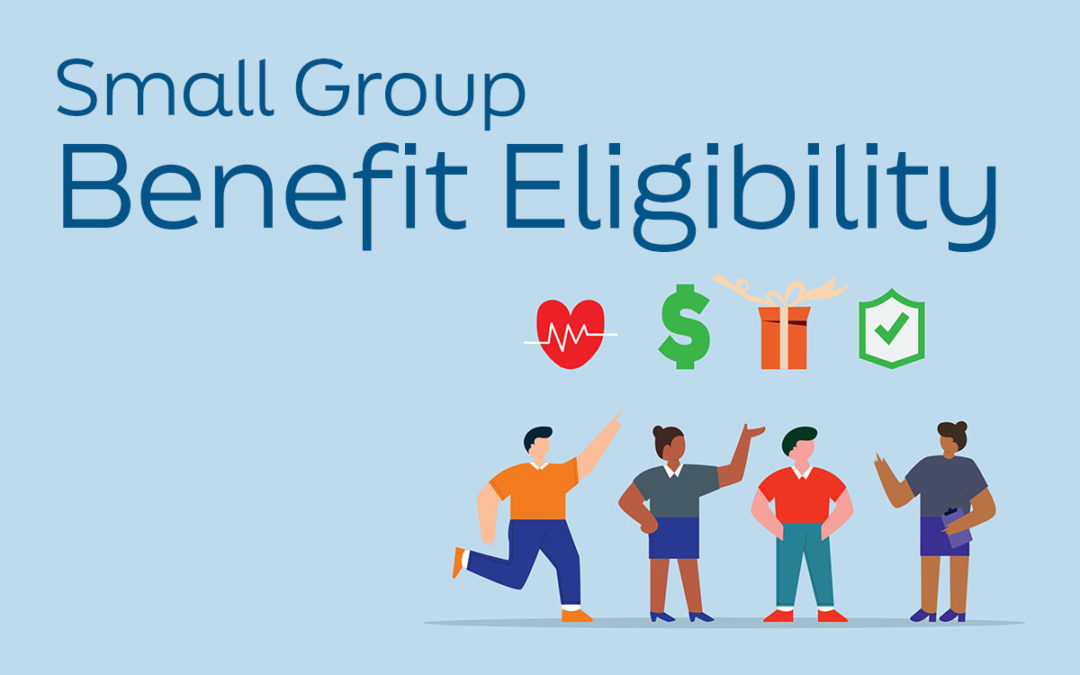New Jersey
Effective January 1, 2017 for new business and as existing small group plans renew
on or after said date, the following applies:
- Although we count employees using the 30 hour per week standard for the purpose of group size, an employee is eligible to enroll only if they work 25 or more hours every week for the employer.
- The definition of an employee excludes a sole proprietor, a partner in a partnership and at least a two percent shareholder in an S Corporation. These individuals are not eligible to enroll unless there is at least one common law employee enrolling.
- Regardless of how a husband and wife business is structured, neither is eligible for group coverage unless they have at least one common law employee and at least one common law employee enrolls. This prohibition also applies to same sex married partners. It does not apply to NJ Civil Union partners or Domestic Partners.
- Union employees who are covered by a collectively bargained plan are not eligible for coverage.
- Retirees are not eligible.
- Seasonal employees may be eligible based on each carrier’s definition.
- Independent Contractors (1099s) are not common law employees and are not eligible for small group coverage.
- Employees who are temporary employees of the employer are not eligible. It is important not to confuse these employees with those who work on temporary assignments for an employer (e.g., a staffing company or health care agency). If they are common law employees and work the required hours, they are eligible for coverage even if they are hired out to another location.
- The Common-Law Employee standard applies. Under common-law rules, anyone who performs services for the employer is an employee if the employer
can control what will be done and how it will be done. This applies even when the employer gives the employee freedom of action. What matters is that the employer has the right to control the details of how the services are performed. - Please note, that although enrolling November 15 through December 15 for a January 1 effective date does not require any participation testing, this is not related to the rule that owners may not be the only persons enrolling.

